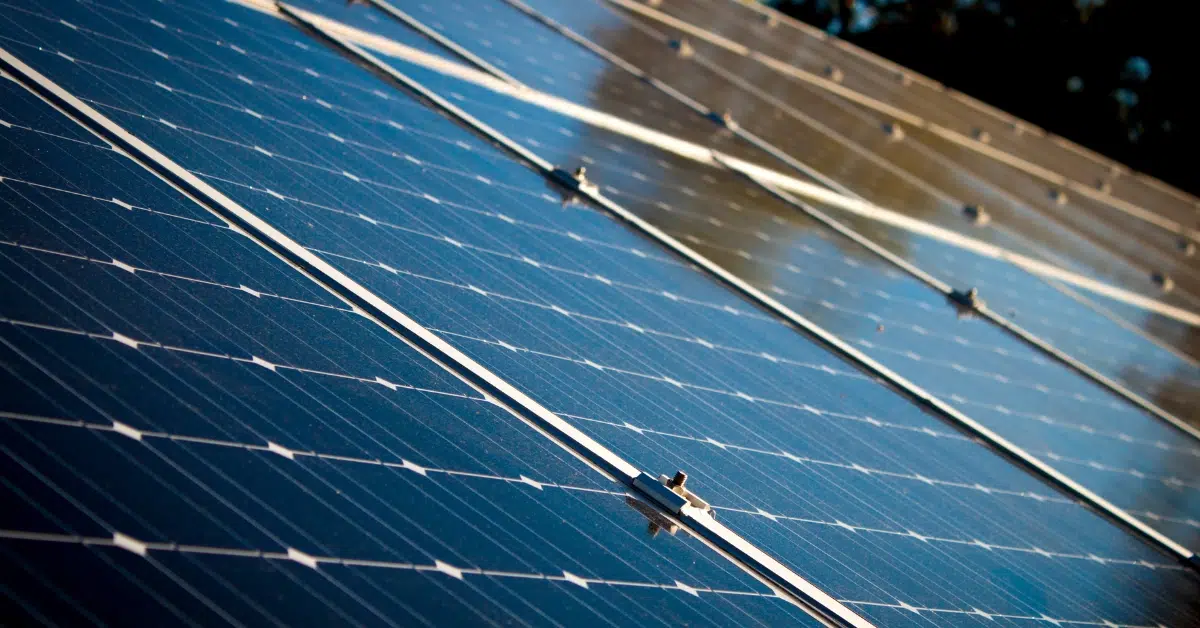Oklahoma is rapidly emerging as a leader in renewable energy, leveraging its abundant natural resources to power a cleaner future. With expansive open plains and an abundance of sunshine, the state has become a hotspot for wind and solar energy projects. But beyond environmental benefits, renewable energy is also proving to be an economic powerhouse. From job creation to attracting investments, renewable energy is driving significant economic growth in Oklahoma.
Job Creation and Workforce Development
Direct Employment in Renewable Energy Projects
Renewable energy projects in Oklahoma have created thousands of jobs across construction, maintenance, and operations. Wind farms, like the Traverse Wind Energy Center—one of the largest in the U.S.—employ workers for installation, engineering, and ongoing upkeep. Solar projects are also growing rapidly and adding jobs in both urban and rural areas.
Oklahoma’s clean energy sector employed over 17,000 workers as of recent reports, and this number is expected to grow. The industry is also fostering training programs and partnerships with local schools and colleges, preparing Oklahoma’s workforce for the green jobs of the future.
Indirect Economic Benefits from Supply Chains
The economic ripple effects of renewable energy go beyond direct employment. Local businesses supplying materials like steel for wind turbines or panels for solar farms see a surge in demand. Construction companies, electricians, and transportation services also benefit as renewable energy projects require robust supply chains.
For example, the wind energy boom in Oklahoma has supported companies like DMI Industries, which manufactures turbine components, creating even more opportunities for skilled labor and boosting local economies.
Moreover, increased renewable energy development stimulates research and innovation. Local universities and institutions are partnering with energy companies to create cutting-edge technologies and solutions, further enhancing economic opportunities.

Energy Cost Savings and Local Investments
Affordable Energy for Consumers and Businesses
Renewable energy isn’t just clean—it’s also increasingly affordable. Wind and solar energy are now among the cheapest sources of electricity, driving down utility costs for Oklahomans. Oklahoma’s wind farms alone produce enough electricity to power 3.9 million homes. This consistent electricity helps stabilize energy prices and reduce dependence on fossil fuels.
This affordability benefits businesses as well. Lower energy costs make Oklahoma more attractive for manufacturers and data centers, many of which seek to cut expenses while meeting sustainability goals.
Boosting Rural Economies Through Land Leasing
In rural Oklahoma, renewable energy projects are transforming small communities. Farmers and ranchers who lease their land for wind turbines or solar installations receive steady, long-term payments, providing a reliable income stream even during tough agricultural seasons.
A study from the National Renewable Energy Laboratory shows that wind farm leases can generate between \$3,000 and \$7,000 per turbine annually for landowners. For many rural families, this additional income can support farm operations, college tuition, or other critical expenses.
Beyond direct economic benefits, renewable energy projects often contribute to community initiatives. Some companies involved in wind and solar energy development invest in local infrastructure, including roads, schools, and healthcare facilities, further enriching rural areas.
Renewable Energy as a Magnet for Investment
Attracting Clean Energy Companies to Oklahoma
Oklahoma’s commitment to renewable energy is attracting major investments from clean energy companies. Companies like NextEra Energy and Invenergy have poured billions into wind and solar projects across the state, solidifying Oklahoma’s reputation as a renewable energy hub.
In addition, tax incentives and supportive state policies have encouraged businesses to choose Oklahoma for large-scale projects. The state’s Renewable Energy Standard, coupled with its wind and solar resources, has created a thriving market for renewable developers.
Economic Competitiveness Through Clean Energy
Oklahoma’s investment in renewable energy isn’t just about today—it’s about securing a competitive edge for the future. Companies increasingly prioritize sustainability when choosing where to locate their operations, and Oklahoma’s clean energy infrastructure positions it as an ideal destination.
For instance, tech giant Google has invested in a data center in Pryor, Oklahoma, powered entirely by renewable energy. Such developments create high-paying tech jobs and attract additional investments, further bolstering the state’s economy.
Additionally, the global shift toward renewable energy is creating export opportunities. Oklahoma’s expertise in wind turbine manufacturing and solar panel technology allows the state to supply equipment and knowledge to other regions and countries, contributing to its long-term economic growth.
Conclusion
Renewable energy is more than a tool for reducing emissions—it’s a driver of economic transformation in Oklahoma. From creating jobs and saving money for consumers to boosting rural economies and attracting global investments, the benefits are undeniable. As the demand for clean energy continues to rise, Oklahoma has a golden opportunity to expand its renewable sector and solidify its position as a leader in the green economy.
For businesses, policymakers, and residents alike, the message is clear: investing in renewable energy is investing in Oklahoma’s future prosperity.






